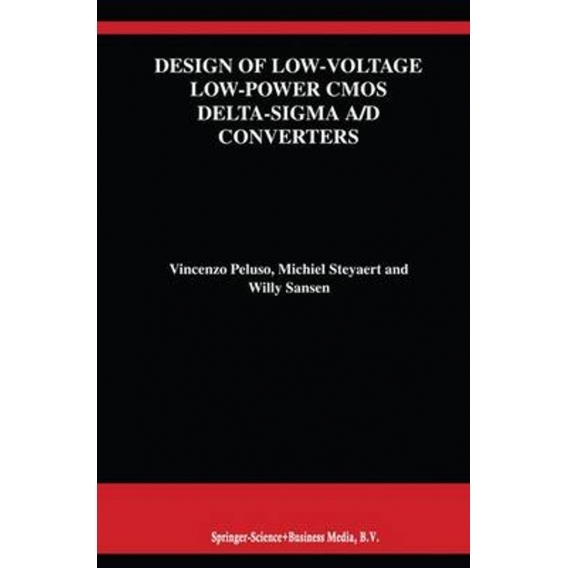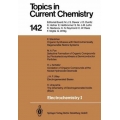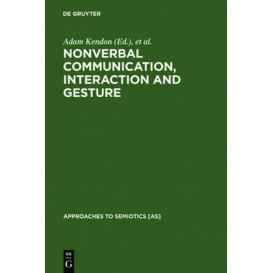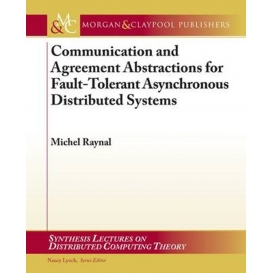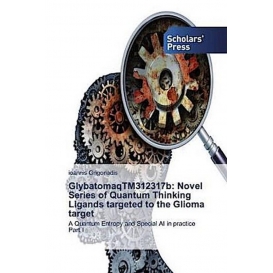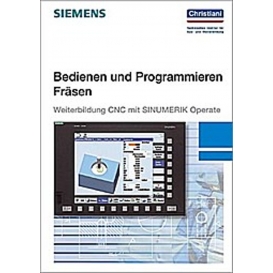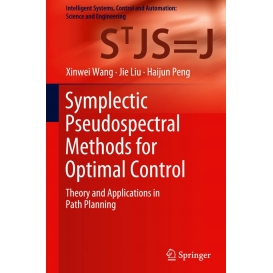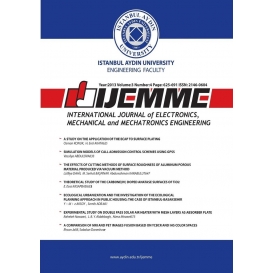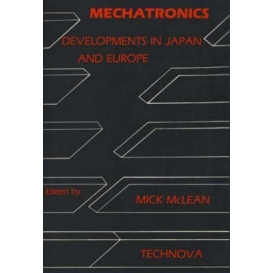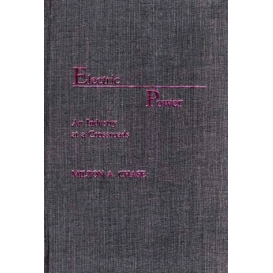Menge
Gesamt
Artikel dem Warenkorb hinzugefügt
Es befinden sich 0 Artikel in Ihrem Warenkorb.
Es befinden sich 0 Artikel in Ihrem Warenkorb.
Gesamtpreis
Versandkosten (inkl. MwSt.)
Noch nicht bekannt
Gesamt
Weiter einkaufen
Neuer Artikel
Design of Low-Voltage Low-Power CMOS Delta-Sigma A/D Converters investigates the feasibility of designing Delta-Sigma Analog to Digital Converters for very low supply voltage (lower than 1.5V)
Design of Low-Voltage Low-Power CMOS Delta-Sigma A/D Converters investigates the feasibility of designing Delta-Sigma Analog to Digital Converters for very low supply voltage (lower than 1.5V) and low power operation in standard CMOS processes. The chosen technique of implementation is the Switched Opamp Technique which provides Switched Capacitor operation at low supply voltage without the need to apply voltage multipliers or low VtMOST devices.
A method of implementing the classic single loop and cascaded Delta-Sigma modulator topologies with half delay integrators is presented. Those topologies are studied in order to find the parameters that maximise the performance in terms of peak SNR. Based on a linear model, the performance degradations of higher order single loop and cascaded modulators, compared to a hypothetical ideal modulator, are quantified.
An overview of low voltage Switched Capacitor design techniques, such as the use of voltage multipliers, low VtMOST devices and the Switched Opamp Technique, is given. An in-depth discussion of the present status of the Switched Opamp Technique covers the single-ended Original Switched Opamp Technique, the Modified Switched Opamp Technique, which allows lower supply voltage operation, and differential implementation including common mode control techniques.
The restrictions imposed on the analog circuits by low supply voltage operation are investigated. Several low voltage circuit building blocks, some of which are new, are discussed. A new low voltage class AB OTA, especially suited for differential Switched Opamp applications, together with a common mode feedback amplifier and a comparator are presented and analyzed.
As part of a systematic top-down design approach, the non-ideal charge transfer of the Switched Opamp integrator cell is modeled, based upon several models of the main opamp non-ideal characterist
Design of Low-Voltage Low-Power CMOS Delta-Sigma A/D Converters investigates the feasibility of designing Delta-Sigma Analog to Digital Converters for very low supply voltage (lower than 1.5V) and low power operation in standard CMOS processes. The chosen technique of implementation is the Switched Opamp Technique which provides Switched Capacitor operation at low supply voltage without the need to apply voltage multipliers or low VtMOST devices.
A method of implementing the classic single loop and cascaded Delta-Sigma modulator topologies with half delay integrators is presented. Those topologies are studied in order to find the parameters that maximise the performance in terms of peak SNR. Based on a linear model, the performance degradations of higher order single loop and cascaded modulators, compared to a hypothetical ideal modulator, are quantified.
An overview of low voltage Switched Capacitor design techniques, such as the use of voltage multipliers, low VtMOST devices and the Switched Opamp Technique, is given. An in-depth discussion of the present status of the Switched Opamp Technique covers the single-ended Original Switched Opamp Technique, the Modified Switched Opamp Technique, which allows lower supply voltage operation, and differential implementation including common mode control techniques.
The restrictions imposed on the analog circuits by low supply voltage operation are investigated. Several low voltage circuit building blocks, some of which are new, are discussed. A new low voltage class AB OTA, especially suited for differential Switched Opamp applications, together with a common mode feedback amplifier and a comparator are presented and analyzed.
As part of a systematic top-down design approach, the non-ideal charge transfer of the Switched Opamp integrator cell is modeled, based upon several models of the main opamp non-ideal characterist
| Hersteller: | 08.12.2010 |
| Herstellernummer: | 9781441950741 |
| Materialzusammensetzung: | 192 |
30 andere Artikel in der gleichen Kategorie:
35,40 €
51,50 €
36,52 €
29,77 €
249,46 €

